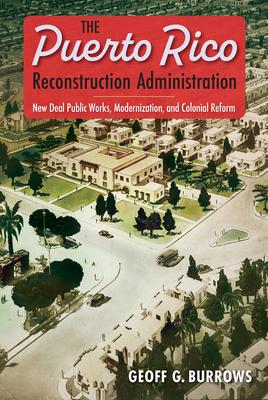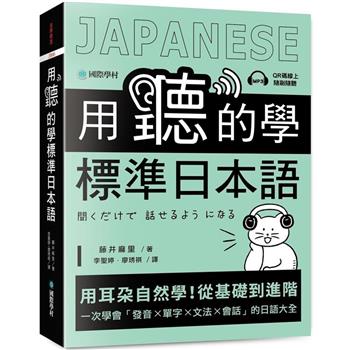An important New Deal program that shaped
the relationship between Puerto Rico and the United States
book explores the history and impact of the Puerto Rico Reconstruction
Administration (PRRA), the most important New Deal agency to operate in Puerto
Rico and the largest created for any United States territory. Geoff Burrows demonstrates
how the PRRA improved living conditions across the island in the wake of destructive
hurricanes and the Great Depression, while at the same time producing a
reformed, strengthened, and lasting colonial relationship between Puerto Rico
and the United States.
Using previously untapped archival sources and a wide range
of primary and secondary texts, Burrows follows the agency from its founding by
President Roosevelt in 1935 to its ending in 1955, situating its public works
program in both Puerto Rican and New Deal contexts. The PRRA built the
Caribbean’s first modern cement plant; implemented widespread rural
electrification through the building of seven hydroelectric dams; constructed
hurricane-proof houses, schools, and hospitals; and improved transportation and
communication across the island. Puerto Rican engineers, planners, and
officials took a leading role in these initiatives, which provided them social
mobility and transformed the island’s economy from agricultural to industrial.
The first institutional history and critical examination of
the agency, The
Puerto Rico Reconstruction Administration
engages questions about the New Deal’s global reach. It investigates how New
Deal agendas refashioned U.S. colonialism in Puerto Rico and indirectly
contributed to the island’s current debt crisis and response to recent natural
disasters such as Hurricane María.












